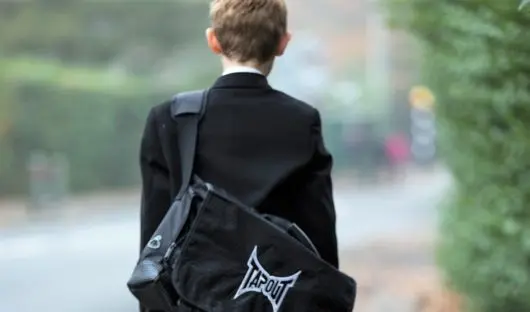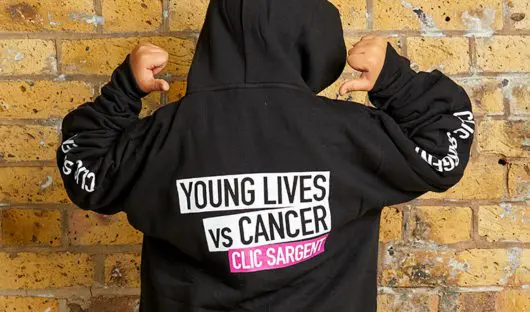What can I do if my child is being bullied?
Bullying is a distressing experience for all children, especially after a diagnosis. Although not all children experience bullying, it’s important to understand the steps you can take if your child is affected.
Talk to the school
If you have serious concerns, you should talk to your child’s school immediately. Schools will normally have a behaviour or anti-bullying policy which sets out how bullying is dealt with if it happens. If you don’t feel that your school is dealing with the situation, you can ask for a meeting to discuss this formally.
There are a number of ways your school can deal with bullying to create an environment where it is seen as unacceptable. This could include having a ‘key’ adult at school that your child can go to if they’re upset, or peer mentors, where older children act as ‘buddies’ and someone to talk to.
You can find out more detailed information and advice about how to deal with bullying from Contact.
Explain the situation
Cancer in children is rare, so many young people have no real understanding of what your child is going through. When classmates understand your child’s illness, they are more likely to be supportive.
Your child’s teacher can order our free ‘Cancer and school life‘ pack, which includes a lesson plan to encourage pupils to think about the ways they can help and communicate with your child in and out of school.
Helping your child
It’s normal to feel angry if your child is being bullied. But it’s important to make sure you are listening to your child and discussing what would be useful for them. Make sure that you are well supported too and are looking after yourself.
You can help your child by helping them build up their confidence and self-esteem. Contact have more detailed information about helping your child respond to bullying and tips for building confidence and self-esteem on their website.
Do you need more information and advice about education? Young Lives vs Cancer has partnered with Contact, the charity for families with disabled children, who can offer specialist advice on a range of issues including education and learning support.
Your Young Lives vs Cancer Social Worker will be able to give you more information about how to access their services, or you can find out more about how to get in touch with Contact here.
![]()
You might also like...
Helping your child go back to school after treatment
What you and the school should know before your child returns after cancer treatment.
Find out more
Communicating with my child’s school
What you should know about communicating with your child's school after diagnosis.
Find out more
How can I manage my own stress and anxiety after my child’s diagnosis?
From me to you: parents share their tips on how to manage stress and anxiety.
Find out more
More information and support
Get a Young Lives vs Cancer grant
It’s not right that young people and parents have to worry about money when they need to focus on treatment and all that comes with it. So CLIC Sargent gives various grants, right from the moment of diagnosis, to help young people and families cope financially.
Find out more about getting a grantJoin our Facebook group for parents
Share your stories and experiences with other parents. Get advice or share tips to help others, and become part of a supportive community.
Join the groupAre you a cancer dad?
Many dads spend less time in the hospital and don't get the same network of support. Feeling like you have to 'hold the fort' can be isolating and difficult, so it's extra important you have someone to talk to about your challenges.
Join our Mind the Chaps Facebook group for dads